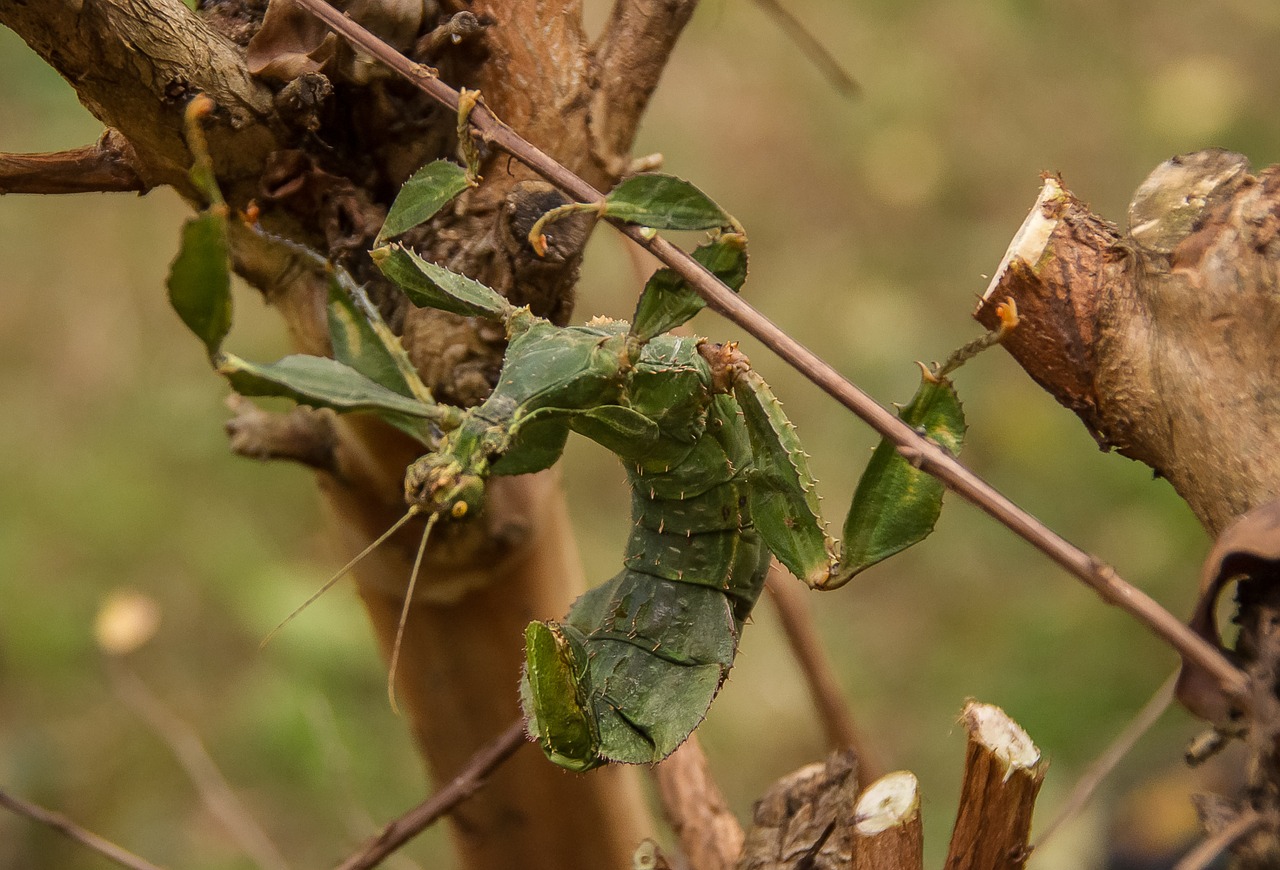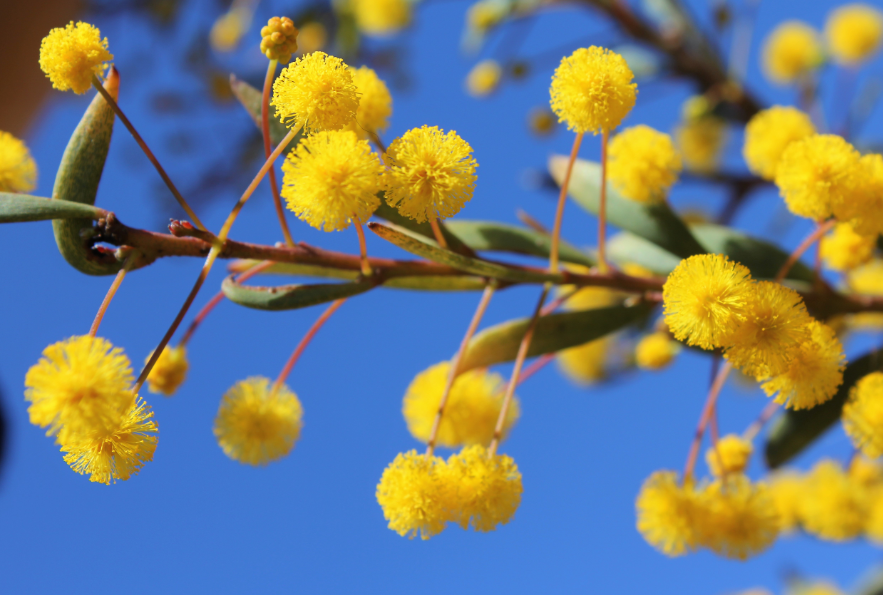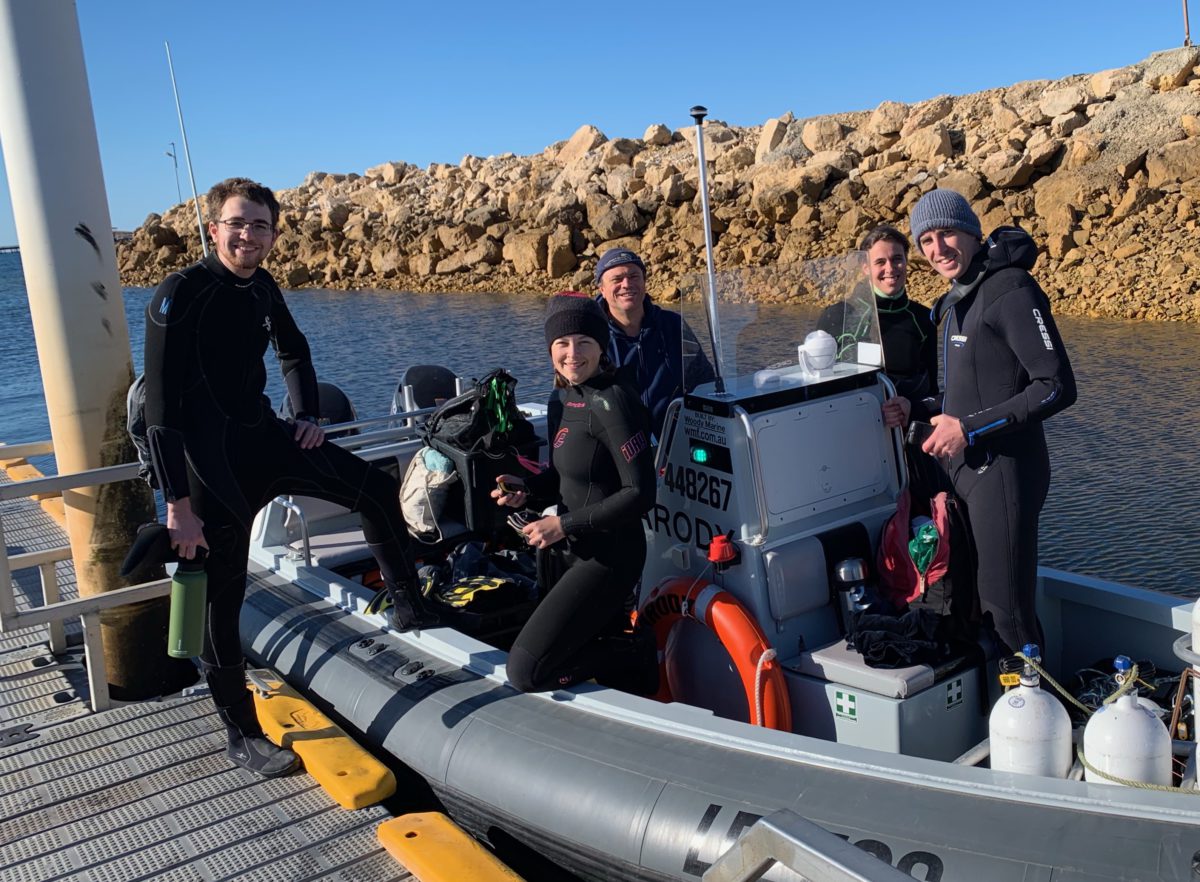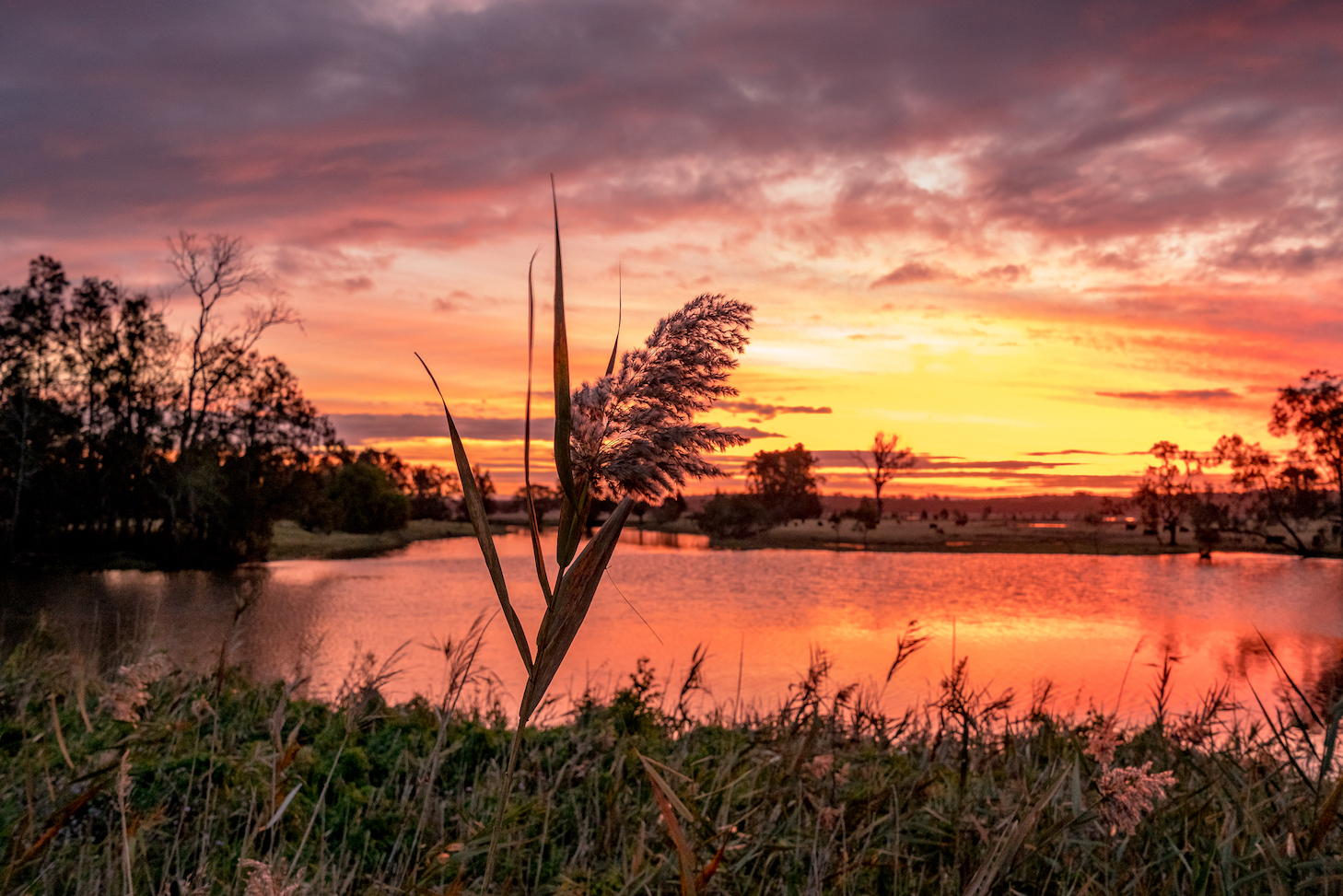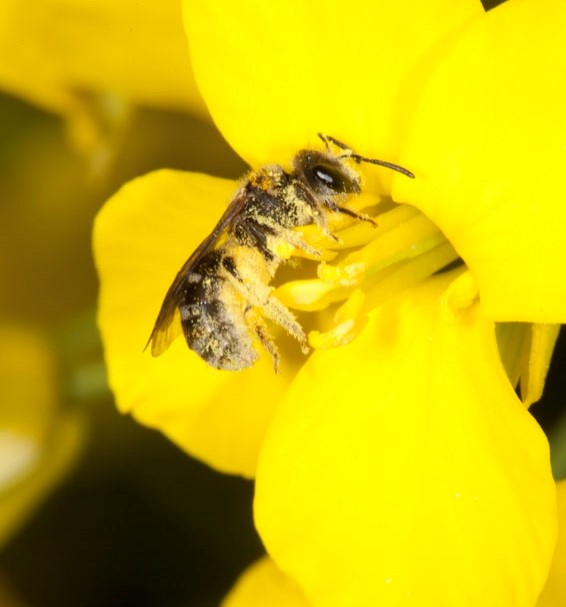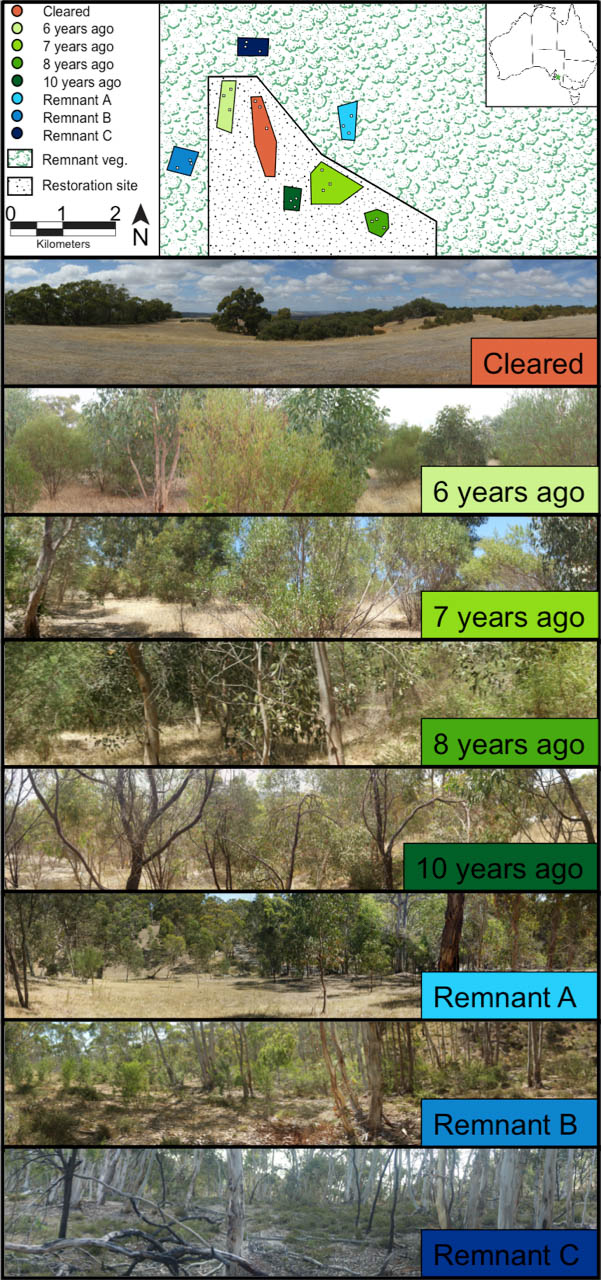BLOGS WEBSITE
Category: Conservation Science and Technology
Invertebrates as pets: The truth behind the trade
For some people, the idea of having tarantulas and scorpions living in their house is a nightmare; for others, keeping insects is a hobby and a passion. Guest post by Charlotte Lassaline from the Invasion Science and Wildlife Ecology Research Team at the University of Adelaide and Environment Institute. The collection of invertebrates is a pastime […]
Comments Off on Invertebrates as pets: The truth behind the trade
Want to make a change in our world that positively helps biodiversity conservation?
Change is hard, but not impossible. Guest blog post by Matthew Bowie, who is in the final months of his PhD which focuses on consumer behaviour change and sustainable coffee. Many of the threats facing biodiversity are the result of human actions. This is simply a fact of the world we live in. However, I see […]
Comments Off on Want to make a change in our world that positively helps biodiversity conservation?
Could chocolate be the answer to saving southern Australia’s most endangered wattle?
A partnership between the Natural Resources Eyre Peninsula and University of Adelaide is testing an innovative rotary hoe method to help save Whibley wattle. Australia’s Environment Protection and Biodiversity Conservation (EPBC) Act protects 75 Acacia species or subspecies with two of these species deemed national priorities. The whibleyana only grows in southern Australia and protecting the Whibley wattle […]
Comments Off on Could chocolate be the answer to saving southern Australia’s most endangered wattle?
South Australia’s second large-scale oyster reef restoration will be constructed off the Adelaide metropolitan coast
A new shellfish reef is to be built at Glenelg, signalling a rapid transition from environmental amnesia to conservation action. In a stark contrast to the historical baseline of South Australian oyster reefs, University of Adelaide researchers’, Professor Sean Connell and Dr Heidi Alleway had discovered 1,500 km of Southern Australia coastline reefs had been lost […]
Comments Off on South Australia’s second large-scale oyster reef restoration will be constructed off the Adelaide metropolitan coast
End of year celebration for the Environment Institute
After a wonderful year of growth, development and success we took the time to reflect on our achievements. Our festive celebration was well attended with a buzz of positivity for this years’ achievements and excitement our future endeavours. See all of the event images from the end of year celebration. Image L-R: Jessie Treloar, Dr Damien […]
Comments Off on End of year celebration for the Environment Institute
Dr Phill Cassey selected as Lead Author on next IPBES Report
The Intergovernmental Science-Policy Platform on Biodiversity and Ecosystem Services (IPBES) has selected Dr Phill Cassey, director of Centre for Applied Conservation Science to be Lead Author for Chapter 4 of the IPBES thematic assessment named “the assessment of invasive alien species”. The Plenary of IPBES decided to begin this assessment following its 7th session (May 2019), based […]
Comments Off on Dr Phill Cassey selected as Lead Author on next IPBES Report
New forest discovered which is 60% the landmass of Australia
An international team of scientists including Environment Institute Members have discovered previously unreported forest, published in Science today. Associate Professor Ben Sparrow, Postdoc Research Fellow Dr Greg Guerin and Professor Andrew Lowe were involved in the discovery of drylands forest which covers 467 million hectares. To put this in perspective, this new forest discover is […]
Comments Off on New forest discovered which is 60% the landmass of Australia
New Paper: Understanding Biological Invasions
Invasive species cost us billions of dollars each year and pose a grave threat to native fauna and flora. New research proposes a framework to develop a global network for invasion science to stop the threat from invasive species. Published in the journal Biological Invasion, the research addresses fundamental gaps in our understanding of invasive […]
Comments Off on New Paper: Understanding Biological Invasions
Bees hold the key to Unlocking Increased Crop Yields
What’s all the buzz about? Researchers from the University of Adelaide are mapping the activity of honeybees and native pollinators in areas of revegetation and native vegetation around different crops in South Australia. They will create a short-list of the most useful pollinating species and identify the plants used by the pollinators as sources of […]
Comments Off on Bees hold the key to Unlocking Increased Crop Yields
Media Release: Microbes measure ecological restoration success
The success of ecological restoration projects around the world could be boosted using a potential new tool that monitors soil microbes. Published in the journal Molecular Ecology, University of Adelaide researchers have shown how the community of bacteria present in the soil of land that had been cleared and grazed for 100 years was returned […]
Comments Off on Media Release: Microbes measure ecological restoration success

